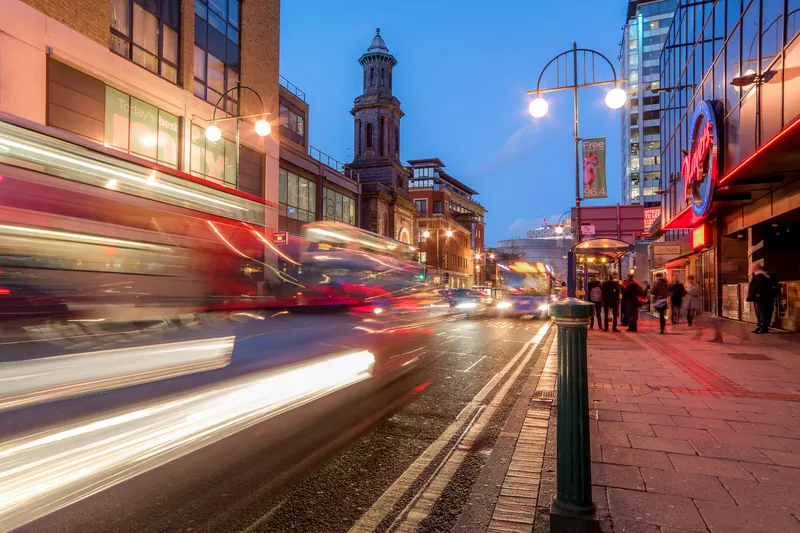UK-based BlackPepper Software (BlackPepper) has deployed one of its experts to assist Resonate’s in-house team in developing a framework for user experience (UX) consistency for its Luminate digital platform. The solution is designed with the intention meeting the demands of emerging global trends in transport.
Luminate is said to provide users with competitive advantages by creating the foundation for a suite of progressive products to meet the demands of machine learning, connected devices, cloud storage, social media mining and advanced security provision.
The UX consultant assisted Resonate’s management team in determining how the user journey should look and how to best incorporate a simple UX across the entire business that is in line with the company’s brand guidelines.
BlackPepper then defined and built a user interface pattern library, which included a start-up guide for the product and a library of components. The template designs could be used by Resonate’s in-house teams of developers to facilitate a recognisable look and feel across the whole solution.
Additionally, BlackPepper delivered training to a team of UX designers and advised on how best to find and build further in-house expertise going forward.
Rowan Welch, account director at BlackPepper, said: “This was an exciting but challenging brief, involving a system that is crucial for UK transport infrastructure and some pressurised timelines.”
“We’re delighted, therefore, to have left Resonate with not only a solution to an immediate problem, but the skills, knowledge and tool set to allow them to move forward independently.”
BlackPepper delivers seamless user experience for Resonate platform
UK-based BlackPepper Software (BlackPepper) has deployed one of its experts to assist Resonate’s in-house team in developing a framework for user experience (UX) consistency for its Luminate digital platform. The solution is designed with the intention meeting the demands of emerging global trends in transport. Luminate is said to provide users with competitive advantages by creating the foundation for a suite of progressive products to meet the demands of machine learning, connected devices, cloud
March 29, 2018
Read time: 2 mins








